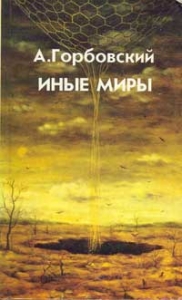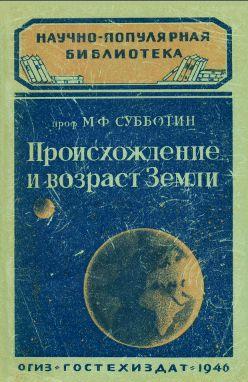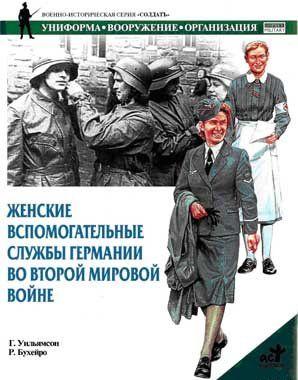
Аннотация
What next? And other impossible questions
With a hefty dose of humour, the reader is encouraged to consider the impact of what we do today on how the future might look. While the book isn’t didactic, and is often jocular, Williams makes it clear that whether or not the human race survives, and in what shape, is something that we have to imagine and work towards.
***
Here we are, poised at the brink of the future, as we have always been, about to enter heaven or hell. Which will it be? Most commentators relish the latter, probably because hell sells, but many of history's bold predictions of doom are today jolly japes for the optimists. We haven't starved or blown ourselves up. Maybe time won't shake off climate change so easily.
When Robyn Williams ponders the future he has the benefit of 36 years' experience of presenting science for the ABC. In Future Perfect, Williams considers the possibilities for communication, science, God, transport, cities, sex, innovation, work and people. There's conjecture mixed with scientific analysis, sure, but that's the point. This book costs less than $20 and it's probably fair to say it contains all the stuff Williams can't shoehorn into his shows, so we have the paperback equivalent of an invigorating monologue over the kitchen table. Williams taps his network of esteemed buddies for expert analysis and draws on material published in New Scientist, Nature and The Economist. But when he writes about the benefits of putting his radio show back-catalogue online or how the plot of a previous novel of his has proven to be prophetic, then we're not so much dealing with a book "which conjures up the possibilities before us", like it says on the back, as a book which is part ideas, part entertainment, part rant.
Is Williams entertaining? Sometimes, definitely, but not all the time. When he confesses to writing radio scripts on a typewriter because it forces him to be succinct, the obvious response is, why not use it to write your book? And as for the multiple digs at George W. Bush and John W. Howard, well, anyone can do that – and everyone does.
Some of his conclusions are worth it: the e-revolution will make us less human by putting barriers between us; some science should be incorporated into every university degree because science is essential to life; everyone should have a go at being boss to counter a trend towards psychopathic bosses; and there should be practical sex classes at school. Want to know more about that last one? Buy the book!









Комментарии к книге "Future Perfect What next? And other impossible questions"